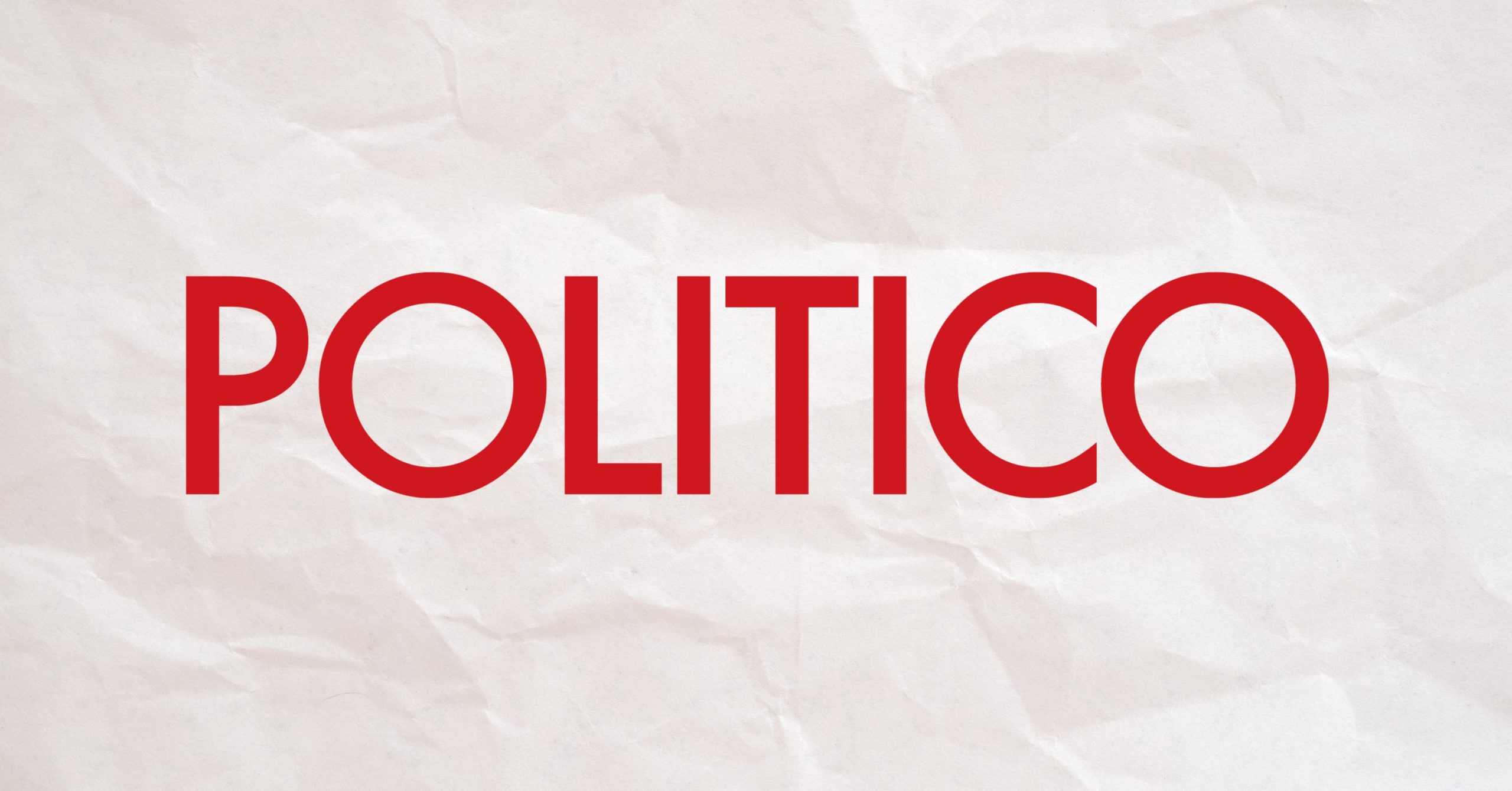On Chinese forced labor, Europe plays catch-up with the US

Research from VOC’s Dr. Adrian Zenz was highlighted in a recent Politico article on the Uyghur forced labor practices still being carried out in Xinjiang even after its global exposure.
As the article notes, “the European Union is inching toward its first major law cracking down on goods made with forced labor — but its softer approach compared to Washington risks rendering its measures largely ineffective.
Five years after the United States first called on the EU to properly address documented human rights abuses in the Chinese region of Xinjiang, Europe is at last finalizing its response, with negotiators scrambling to clinch a final version of a bloc-wide ban on forced labor goods on Monday.
‘We need to show political and legislative will now and finish this file before the end of the [legislative] term. At least 28 million victims of forced labor cannot wait any longer,’ Dutch lawmaker Samira Rafaela told POLITICO. Rafaela, of the liberal Renew group, jointly leads work on the file in the European Parliament.
The new rules — proposed by the European Commission in September 2022 — would empower customs authorities in EU countries to take products off the market if they are found to have been made using forced labor. Largely targeting China, they respond to a growing body of evidence that Beijing is using forced labor and mass internment camps to control the Uyghur ethnic group in Xinjiang.
Up to 1.5 million Uyghurs are believed to have been interned in Xinjiang, where a paramilitary unit — which researchers have referred to as a colonial agency — oversees economic output as well as law and order. A report published this month by researcher Adrian Zenz showed that the region continues to subject Uyghurs to forced labor two years after a damning U.N. report detailed the abusive practice.
Clamping down on goods made with forced labor, notably from Xinjiang, is intertwined with the bloc’s environmental and human rights priorities. The region in northwestern China is a top supplier of solar panels crucial to the transition toward green energy, and one in five cotton garments around the globe are estimated to contain fibers from there.
The EU meanwhile lags behind the U.S., which has imposed a general ban on the import of forced labor goods and has set rules that target Uyghur forced labor in particular.
‘The EU is already becoming a dumping ground for forced labor-tainted products,’ warned Yalkun Uluyol, a member of a forced labor research group at Sheffield Hallam University.
‘Companies are making claims about compliance [with U.S. law for goods] that are going to the U.S. market, but they are not making similar commitments or statements for the goods that are going elsewhere, globally, including the EU,’ he added.“
Read the full article from Politico.
Dr. Adrian Zenz is Senior Fellow and Director in China Studies at the Victims of Communism Memorial Foundation, Washington, D.C.

